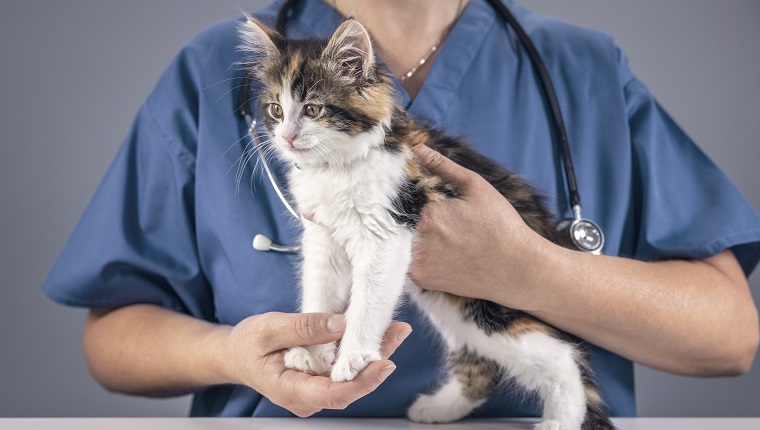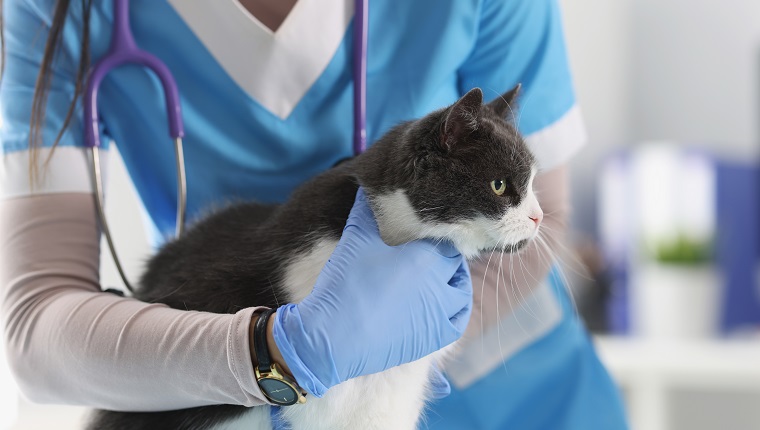Streptococcus in cats is a bacterial infection. It seems to affect felines with compromised immune systems the most, with both very old and very young cats being most susceptible to picking up the disease.
In many cases ,it can also prompt the development of a secondary bacterial infection that can lead to fatal consequences for a cat.
If you see signs that your cat might be suffering from an infection, then you must consult your veterinarian for a proper diagnosis and course of treatment. Here’s what you should know about the symptoms, causes, and treatments of streptococcus in cats.
Symptoms Of Streptococcus In Cats
Streptococcus in cats can result in a pretty wide range of symptoms. Some of the most common general symptoms include:
- Acting lethargic
- Frequent coughing
- Respiratory infections
- Development of abscesses
- Fever
- Discharge from the nasal area
- Arthritis
- Finding it difficult to swallow food
Causes Of Streptococcus In Cats

Streptococcus in cats is a condition that results from a bacterial infection. The primary ways cats contract it is through an open cut or wound.
Fungal and viral infections can also cause the disease. Additionally, cats residing in shelter situations can be more at risk of picking up an infection due to their proximity to other potentially infectious felines.
In general, the disease mostly affects very young and old cats due to their respective lack of developed antibodies and potentially weakened immune systems.
Treatments For Streptococcus In Cats
If you bring your cat to your veterinarian with a suspected case of streptococcus, then your vet will carry out a full physical examination.
They’ll also ask about your cat’s recent history, including any time spent living in a shelter or a similar situation where they will have been close to many other kitties.
When it comes to treatment, the main measures vets use are antibiotics and hydration therapy. As always, if your vet prescribes medication for your kitty, it is vital that you stick to the recommended frequency and dosage instructions, along with completing the full course of medicine.
In general, to lower the chances of your cat picking up an infection, your should avoid letting them hang out in situations where they will be around a lot of other kitties. Additionally, stress can be a factor in developing the disease, so always try to provide a calm and relaxing environment for your cat.
Has your cat ever contracted streptococcus? What were some of the symptoms that you saw? Tell us all about it in the comments below.









